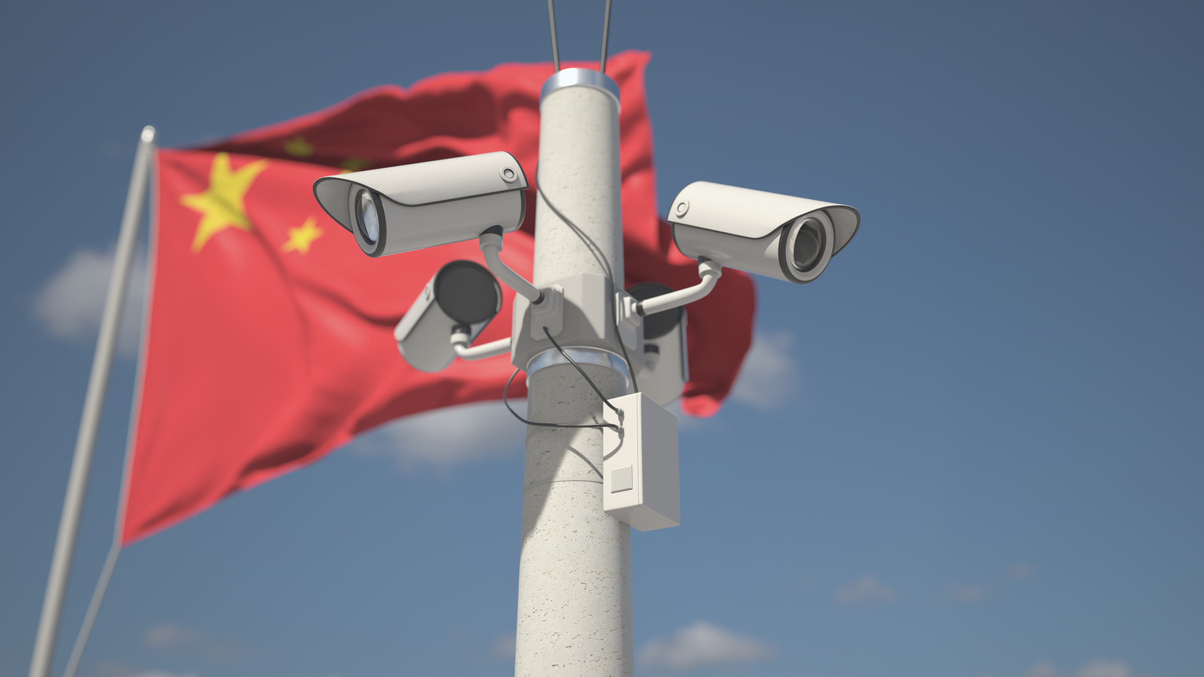How China's regulatory crackdown is the new normal for private equity
This is the first of two stories that take a close look at China’s private equity market after rounds of regulatory crackdown on various sectors, and how foreign asset owners are reading all the changes.

Private equity investors are sitting up and taking note - China’s central government has sent out strong signals that its regulatory crackdown and its pursuit of common prosperity are not passing fads and the changes it makes to the market are here to stay.
Sign in to read on!
Registered users get 2 free articles in 30 days.
Subscribers have full unlimited access to AsianInvestor
Not signed up? New users get 2 free articles per month, plus a 7-day unlimited free trial.
¬ Haymarket Media Limited. All rights reserved.


